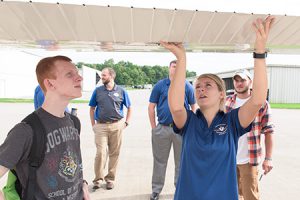Indianapolis airport tries ‘long-term strategy’ to land nonstop London flights
An Indianapolis Airport Authority official told board members Friday that the airport is working to land nonstop London service, but its efforts could take years to see results.



